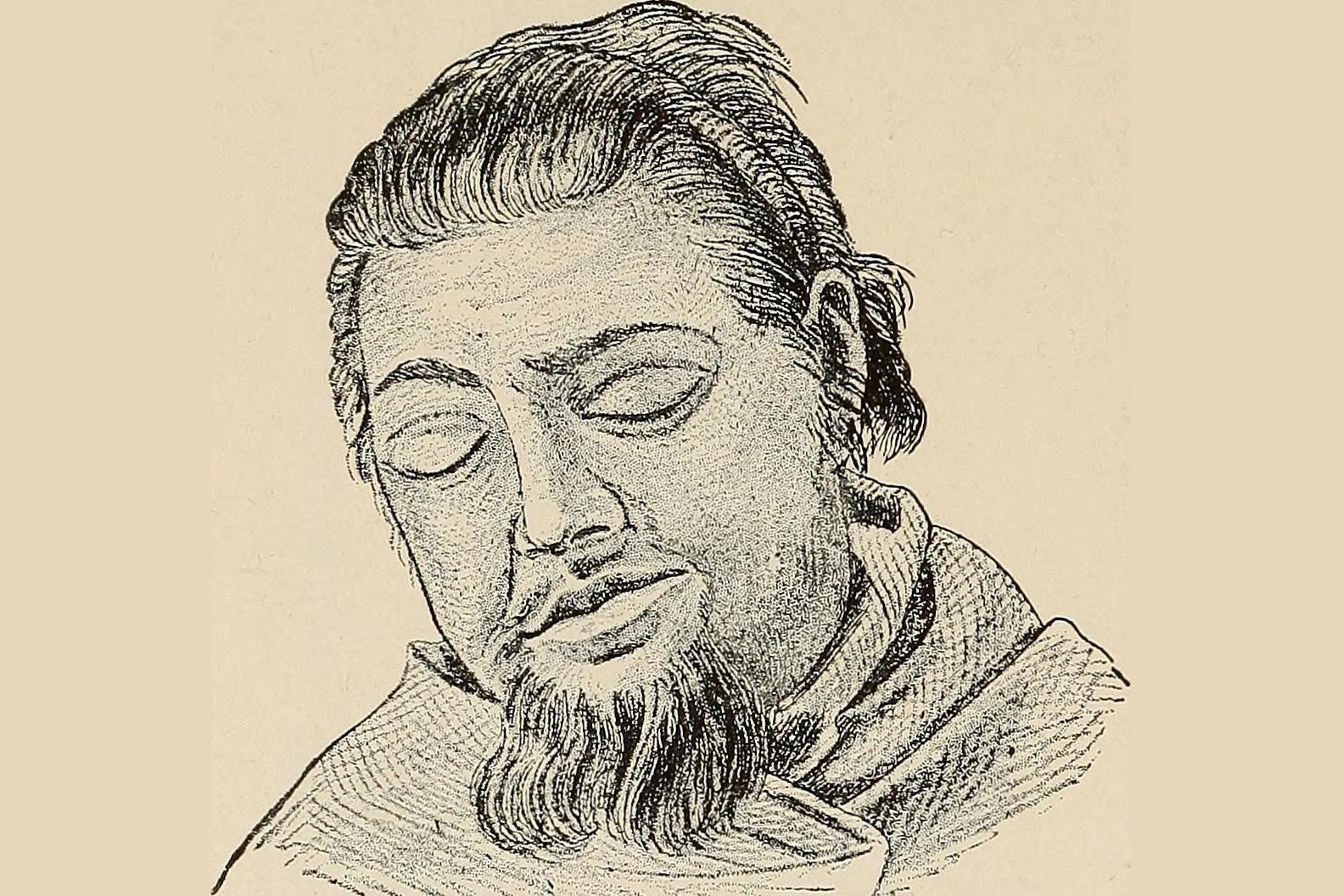When I was 23 and alone in a cold basement apartment struggling through The Way of Zen by the British-American philosopher Alan Watts, how could I have known that one day, ten years later to be exact, I’d be teaching meditation to others?
A few nights ago, I taught my first full meditation class. Not just guided meditation but also a talk about bringing the practice and the mindfulness it produces into everyday life.
It went fine, possibly even well, but what surprised me as I prepared were the nerves. The clenching, restless, caffeine-fueled nerves.
I spent much of last week with a sense that something bad was right around the corner. All the familiar signs of anxiety were there: urges for more coffee, social media binges late into the night, stories about how it could go wrong. What if I forget what to say? Does the fact that I’m nervous mean that I’m not cut out for this teaching thing?
I’m not telling you all of this to get sympathy. I’m telling you because right in the middle of all that nervousness I had a glimpse of a powerful concept in Buddhism called emptiness.
Emptiness is “a way of looking at experience . . . empty of the presuppositions we usually add to experience in order to make sense of it: the stories and worldviews we fashion to explain who we are and the world we live in,” writes American Buddhist monk Ṭhānissaro Bhikkhu.
In other words, it’s dropping the storylines we add on top of our experience. Stories are useful for navigating the world— to plan, to write, to interact with others, to inform our politics, to not lose our minds. But, left unchecked, they start to shape, even distort, our experience. And the worst, most distorting story of all is that we are separate from everything else, that we are alone.
Take a flower, for example. As Vietnamese Buddhist monk Thích Nhất Hạnh explains, a flower is made only of “non-flower” elements — petals, stems, seeds, roots, etc. There is no such thing as a “flower” by itself. “The flower is empty of a separate existence,” he writes.
But when we think of a flower, we often forget all that goes into making it: water, nutrients, soil, the gardener, the sun, clouds, and so on. In our mind, the flower is a snapshot frozen in time, rather than a living, changing collection of parts, causes, and conditions.
So, what does this have to do with my anxiety about teaching? It seems like a head game, right? An interesting theory, yes, but unrelated to living day-to-day in a society that often feels like a constant struggle.
A few days before my class, I was meditating and suddenly dropped into a flow with my breath and the sounds around me. A far-off siren wasn’t a reminder that I live in the city or a cause for alarm, it was sound entering my ears. It wasn’t separate from who I was at the moment — it was part of me.
The nerves — my tense shoulders and craving for something, anything — weren’t an outside force infecting a frozen, static, perfect version of myself. They weren’t a problem. They were part of me, not all of me — just like the part of me that was trying to calm my nerves and the part of me that noticed how it all flowed together.
Emptiness can help us remember that much of our suffering is caused by forgetting that, like everything else, we’re always changing in relationship to everything else. We suffer when we imagine ourselves in our minds as an object because we start to tell ourselves the ways we “should” or “shouldn’t” be. We start to judge ourselves for things that out of our control.
That nervousness I felt was out of my control — it was just one of the many parts that made up my experience of preparing to teach. The stories I added on top were under my control, and they were what caused me to suffer, to imagine myself as an “I” that might screw up and therefore isn’t worthy of being a “teacher,” whatever that is.
There is no “I.” We are made only of “non-I” elements — a body, mind, thoughts, emotions, relationships, and on and on and on…
Ready to get serious about meditation?
Sign up for my weekly email on meditation and bringing mindfulness to the stuff that matters — work, relationships, and politics.
And check out my podcast, Meditation for the Masses, on Apple Podcasts, Google Play, and wherever else podcasts are available.
Listen to the podcast version with more content
My podcast, Meditation for the Masses, takes meditation out of faraway monasteries, expensive retreat centers, and corporate America, and brings it to the things that matter most to people who work for a living—work, relationships, and politics. It’s mindfulness for the 99%.
Podcast: Play in new window | Download
Subscribe: Apple Podcasts | RSS | More
